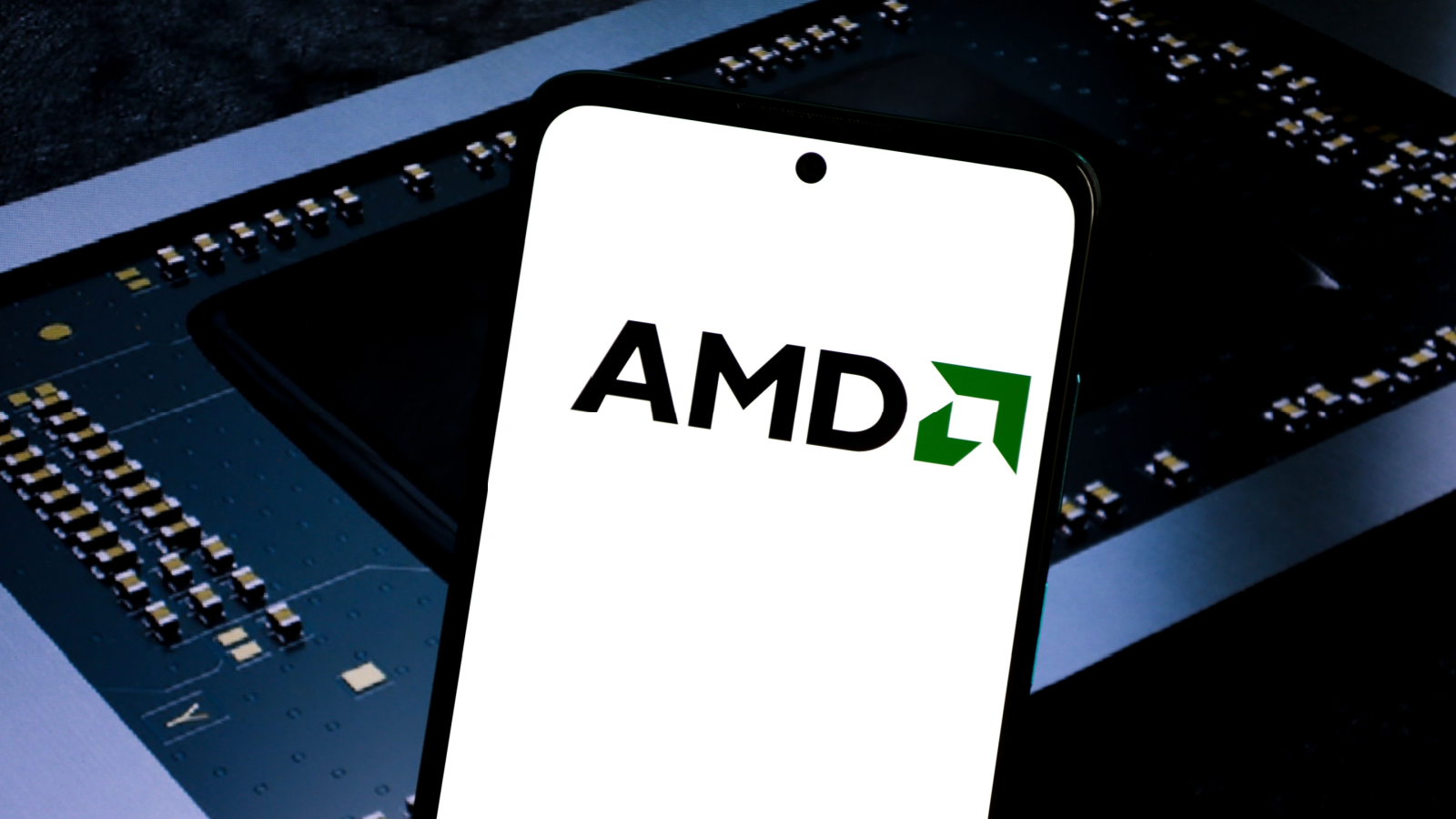
As a longtime fan of Advanced Micro Devices (NASDAQ:AMD) CEO Lisa Su, it’s discouraging to see AMD stock getting left in the dust by Nvidia (NASDAQ:NVDA).
Year-to-date, AMD is up nearly 16%, one-tenth the performance of NVDA. Over the past five years, the gap is a little smaller with Nvidia stock up 3,459%, about 8x larger than AMD.
Su has tried to convince investors that the chip company is doing much to meet demand for AI-related products. However, the markets say otherwise. And it doesn’t help when you’re presenting at a major tech trade show and your AI demo crashes.
InvestorPlace contributor Dana Blankenhorn believes AMD stock isn’t going anywhere in the near-term. Having followed AMD stock for a long time, I would tend to agree with his assessment. Not because I’m some tech expert. Far from it.
However, the one thing I do know is that AMD and Nvidia often run hot and cold at separate times. In June 2020, I discussed this phenomenon, and how AMD delivered for shareholders in 2019, thrashing Nvidia, thanks to a 431% increase in free cash flow.
Now it’s Nvidia’s turn in the spotlight. History says both companies will reverse roles at some point, so there is hope.
Here’s why.
Analyst Downgrade of AMD Stock
InvestorPlace’s Larry Ramer discussed the recent downgrade of AMD stock on June 10. Morgan Stanley analysts cut the rating to Equal Weight from Overweight, while maintaining its $176 target price, about 10% above where it’s currently trading.
Paraphrasing Ramer, “Nvidia’s Blackwell chips that are coming in 2025 will rock AMD’s world AND not in a good way.”
Morgan Stanley lead analyst Joseph Moore believes investors are overestimating the contribution AI will make in future quarters.
“We like the AMD story, but investor expectations for the AI business still seem too high to us. We see limited upward revision potential for AI from here,” TipRanks reported the analyst’s comments. “We continue to see AMD as increasingly well positioned in their core markets, but persistently high AI expectations make us more cautious on their ability to justify a premium multiple.”
Lastly, as my colleague pointed out, Morgan Stanley believes there’s a $2 billion gap in AMD’s AI chip sales for 2024. AMD has already said it’s counting on $4 billion in AI chip revenue while investors, based on its valuation, are factoring in $6 billion.
So there’s a possibility AMD shareholders will be disappointed come the fourth quarter report in late January.
Despite the negative viewpoint, there’s much to like about AMD’s business in 2024 and beyond.
AMD’s AI PCs Will Be Popular
Forget for a moment that the live demo of AMD’s Radeon Instinct MI300X graphic cards with OpenAI’s GP-4 at Computex got the location of the show completely wrong, and consider the potential business AI PCs will generate for AMD in the future.
The MI300 AI accelerators have already generated $3.5 billion in orders for the company. The MI300 AI GPUs hit $1 billion in revenue after launching them in December. By the end of the year, the annual run rate could hit $2 billion. With the MI325X AI accelerator coming in the fourth quarter, there’s more sales to be generated this year and into 2025.
Microsoft (NASDAQ:MSFT) launched its Windows Copilot+ PCs in late May. It was fundamentally different from other AI PCs launched in the past year.
“Copilot+ PCs are specially designated for running device-side AI at the operating system level and above. This has set a very specific set of requirements for hardware and architecture as well as optimizations for specific models,” stated Forbes contributor and Moor Insights & Strategy principal analyst Anshel Sag on June 10.
These will feature Snapdragon X Elite and Snapdragon X Plus processors from Qualcomm (NASDAQ:QCOM).
Even though the first Windows Copilot+ PCs are powered by Qualcomm CPUs, AMD will play a big part in the proliferation of AI PCs in the next few years. In January, AMD said that its Ryzen CPUs powered approximately 90% of the existing AI PCs in the marketplace.
As we move through 2024 and into 2025, AMD’s position within the AI PC market should solidify and be a big contributor to its overall revenue.
Despite the downgrade from Morgan Stanley, 40 of the 50 analysts covering AMD stock rate it a Buy with a $195 target price. Sure, valuation concerns exist, but to completely give up on Lisa Su would be a mistake.
AMD will have its day in the spotlight. It’s a Buy.
On the date of publication, Will Ashworth did not have (either directly or indirectly) any positions in the securities mentioned in this article. The opinions expressed in this article are those of the writer, subject to the InvestorPlace.com Publishing Guidelines.





